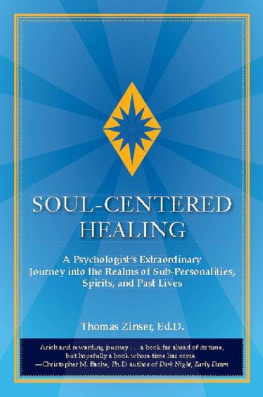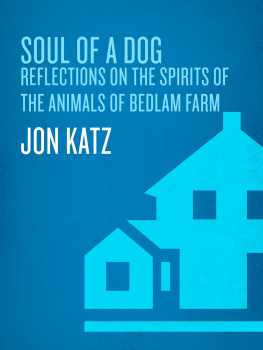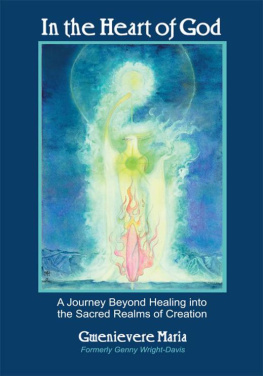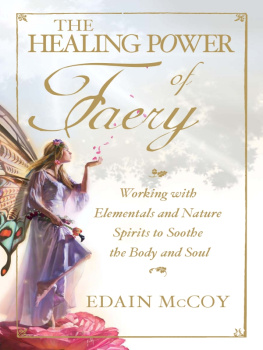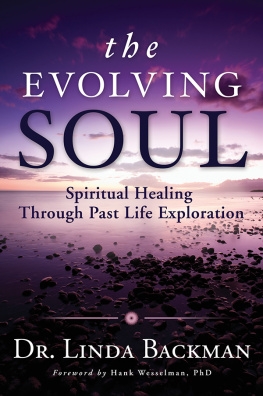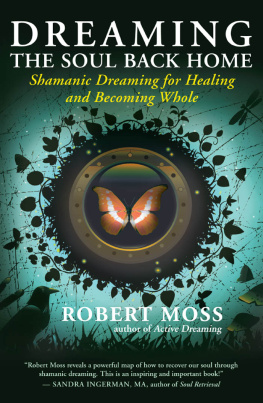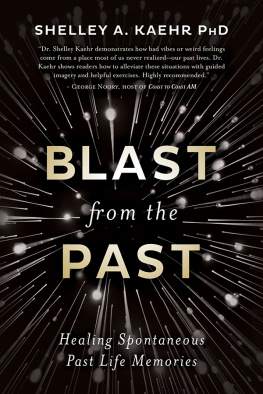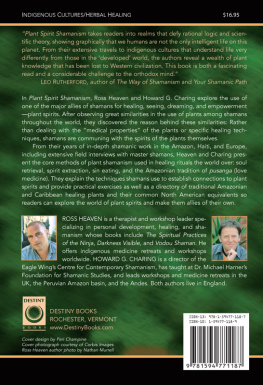Copyright 2010 by Thomas Zinser, Ed.D.
All rights reserved. No part of this publication may be reproduced, stored in a retrieval system, or transmitted, in any form or by any means, electronic, mechanical, photocopying, recording, or otherwise, without the prior written permission of the publisher.
Paperback, isbn 978-0-9834294-0-1
Published by
Union Street Press 2701 Union SE Grand Rapids MI 49507
eBook designed by: eBook-Pub.com
Foreword
There are books that are a little ahead of their time and others that are far ahead of their time. The former are easier to assess because while they push the envelope of conventional wisdom, they usually leave enough of that wisdom intact to allow us to evaluate the success or failure of their innovations. Books that are far ahead of their time are considerably harder to assess because they often challenge the very foundations on which we stand. For that reason they tend to make us profoundly uncomfortable, even angry. They dont continue the conversation we were having but begin a new conversation in new territory, importing new assumptions that challenge conventional wisdom. Soul-Centered Healing by Thomas Zinser is such a book. It is an important book that is far ahead of its time.
Zinser is not interested in having the conversation that most psychologists are having today, enraptured as they are with mapping the various neurological correlates of human experience. Instead, in Soul-Centered Healing Zinser invites the reader into a dramatically expanded experiential landscape, a landscape so foreign to the modern mind that some readers will simply refuse to enter, regardless of the evidence, regardless of his positive clinical results. What a shame if this happens, because Zinser, in concert with other spiritually oriented therapists, is showing us a new continent.
The modern mind says that human beings live on Earth only once, but in Soul-Centered Healing Zinsers clients demonstrate that reincarnation is the rule. The modern mind says that unless psychopathology shatters it, the self speaks with one voice, but Soul-Centered Healing shows that the self is typically a chorus of many voices and integrated wholeness is one of lifes great accomplishments. The modern mind says that the spiritual world is an illusion or compensation or a dubious hypothesis at best, while Soul-Centered Healing offers communion with luminous spiritual reality as the balm that heals the deeper wounds of life.
What is most jarring and innovative about Soul-Centered Healing , however, is the fundamental dialogue that set it in motion and that lies behind every pagea fifteen year dialogue between a university trained, secularly inclined therapist and a discarnate presence named Gerod, channeled by a co-worker. Out of this unusual dialogue emerged a clinical collaboration that shaped the contours of Zinsers entire professional life. In almost weekly sessions, Zinser brought his most difficult cases to Gerod, and Gerod advised him, acting as a kind of spiritual supervisor. In the interest of healing, Gerod shared what he was seeing from his non-physical perspective and offered Zinser suggestions and strategies he could use to circumvent the various blocks he was encountering with specific clients. Along the way, Gerod initiated Zinser into a vastly different psychological and spiritual landscape than he had absorbed in graduate school. Piece by piece, Gerod gave him a detailed map of the workings of the unconscious and invited him to test this map in his clinical practice, which is exactly what Zinser did.
Week after week, year after year, Zinser shuttled back and forth between his patients and his conversations with Gerod, systematically extending his knowledge of the deep psyche. Under Gerods tutelage he learned to navigate its shoreline, identify its citizens, negotiate with its gatekeepers, and finesse its troublemakers. He tested Gerods suggestions for bringing forward living memories of past trauma, for releasing soul-fragments, and for returning that which had been lost, or in some cases stolen. For years he battled with the forces that keep human experience fragmented, locked away in pockets of hidden pain and frozen time, living in shadows far removed from the Light. Make no mistake about it, Zinser was doing battle, for darkness does not give up its ground without a fight. This is not a book for the faint of heart or for those with a rose-tinted view of how one achieves spiritual wholeness. This is a book that follows human suffering to its source and asks deep questions about why life is the way it is. Its answers are profound, coherent, and deeply moving.
Those familiar with hypnosis will recognize Zinsers considerable clinical skill as a hypnotherapist, and those familiar with the literature on past-life therapy will recognize the courage of a clinician willing to follow his patients into territory he might not otherwise have explored. What sets Zinsers study apart, however, is the depth of the spiritual perspective that emerges in his work and the subtlety of his cartography of the soul. In order to heal his clients, Zinser had to understand the roots of the disorder that had overtaken their lives and the push-pull of forces that forge the human will. At this deep level, the line between physician and metaphysician becomes transparent. One cannot heal without crossing into spiritual reality and personally engaging the powerful forces of both Darkness and Light.
In Soul-Centered Healing Zinser takes his readers on a spiritual journey that stretched over many years as he peeled back layer after layer of the soul. In pithy chapters punctuated with rich case histories drawn from his client notes and transcripts of his conversations with Gerod, Zinser initiates the reader into the same mysteries he was initiated into. He lets us feel his confusion and uncertainty, honoring the resistance that accompanies major paradigm breakthroughs. Ultimately the validation of his methods, and Gerods insights, lies in his clients emerging health and wellbeingsoul-centered healing.
Those already initiated into spiritual psychology will likely find the early chapters familiar territory but will be richly rewarded, and I suspect surprised, as the plot thickens in later chapters. Much more than a book on past-life therapy, Soul-Centered Healing is a work that explores the fundamental spiritual agreements that frame the entire human experience. It is a rich and rewarding journey, a book far ahead of its time, but hopefully a book whose time has come.
Christopher M. Bache, Ph.D.
author of Dark Night, Early Dawn
Acknowledgements
I cannot name all the people from clients, to friends, to family who have played a part in the development of Soul-Centered Healing and the writing of this book. They number in the hundreds, and I am grateful to you all. I want to give special thanks to the early supporters of Soul-Centered Healing. They include: Grace, Beth, Laurel, Bob, Michele, Charlie, Kathy, Rilma, Monica, Ed, Judy, two Linda K.s, Don, Jodie, Jackie, Tricia, Lee, Mary Kay, Carol, Cathy, Andy, Jeff, Pat, and Bree.
I am also grateful to friends who read, edited, and made suggestions throughout the writing of this manuscript. I especially want to thank Christopher Bache, Michael Jamail, Michael Kivinen, David Fideler, Gary Breen, Chantal Allard, Alex Rachel, and Ralph Allison. Each helped make this a better book.
A special thanks to Katharine who for so long held open the door through which Gerod and I could communicate. Her dedication to this very long exploration was rooted in her desire to help those in pain.

